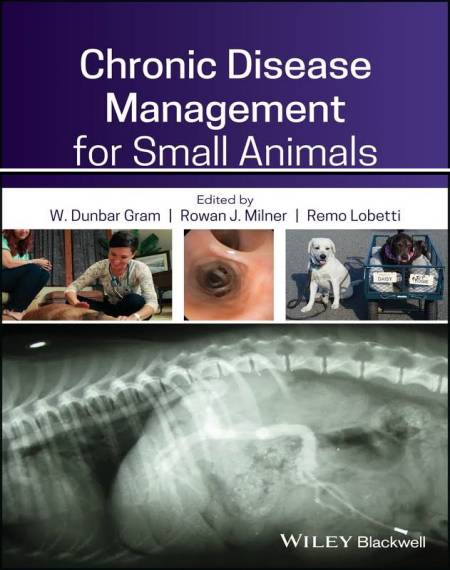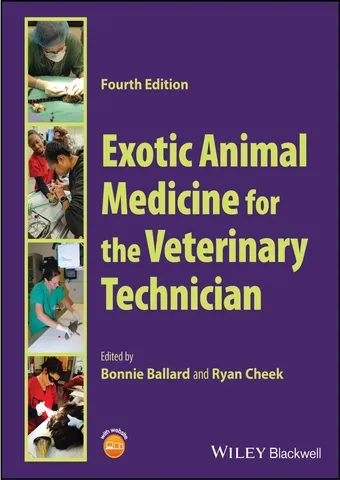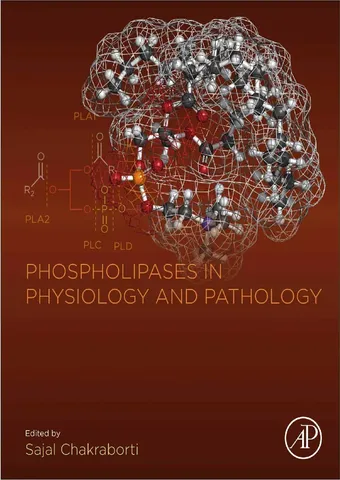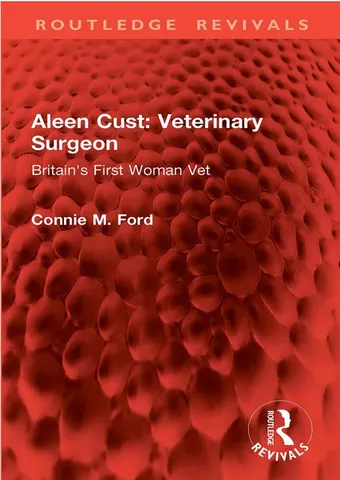Pathology of Small Mammal Pets. Pathology of Small Mammal Pets provides current information on congenital abnormalities, spontaneous and infectious diseases, degenerative and neoplastic conditions, and incidental findings for a range of popular small mammal pets.
Pathology of Small Mammal Pets
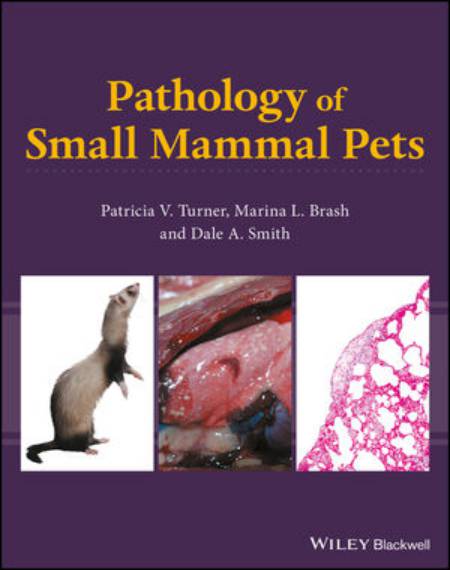
We have not attempted to be exhaustive in content, since there are excellent, well‐established resources available already for laboratory rabbits, ferrets, and rodents, but instead have taken a practical, systems approach to conditions likely to be seen predominantly in companion animal settings. We have supplemented this with relevant information for breeding operations, including pet store suppliers as well as facilities breeding small mammals for food for other species, and, in the case of rabbits, for commercial meat rabbit production, as it is next to impossible for veterinarians to find information on these groups of animals in traditional veterinary medicine and pathology publications.
Where information is available, we have also addressed herd or colony management strategies for various conditions, again, recognizing that it is often not enough to have a diagnosis in hand to provide optimal client support and patient care. Veterinary expertise in animal health management can readily be transferred following a review of species‐specific information found in this book. It goes without saying that the public health responsibilities of veterinarians and veterinary pathologists extend to these small mammals in all the settings in which they are commonly encountered.
This book is intended primarily for veterinarians, veterinary pathologists, veterinary technicians, and veterinary students, but it may also be of interest to animal owners, breeders, and producers. Although there is much more work to be done in this field of practice, knowledge of small mammal diseases, interest in small mammal medicine, and availability of high quality veterinary care for these species have grown exponentially over the past decade. The increased popularity of small mammals as pets may reflect increased urban dwelling and a need for people to engage with animals in a more compact environment. Small mammal clients are often very knowledgeable about their animals and have high expectations for quality veterinary support to improve animal care and well‐being.
[expand title=” “]
[/expand]
Password: pdflibrary.net

